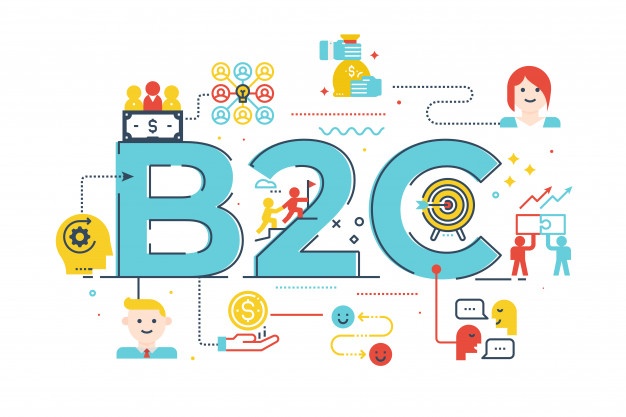B2C (Business to Consumer)
What is B2C (Business to Consumer)?
Definition:
“B2C” or “Business to Consumer” in the realm of commerce refers to transactions and interactions that take place between a business and individual consumers. This type of commerce involves the direct exchange of products, services, or information between a business and the end-user. B2C transactions are integral to retail, e-commerce, and various service industries, shaping the consumer experience in the market.
Analogy:
Imagine B2C transactions as the front-row experience at a live concert. In this scenario, the business takes on the role of the performer, delivering products or services directly to the enthusiastic audience, who are individual consumers. The focus is on meeting the unique needs and preferences of each consumer, creating a personalized and memorable experience.
Further Description:
B2C transactions cover a broad spectrum, encompassing retail sales, online shopping, dining, entertainment, and more. The interactions in B2C scenarios are typically on a smaller scale than B2B transactions, involving individual customers rather than other businesses. B2C businesses often prioritize creating a seamless customer journey, from marketing and sales to post-purchase support and engagement.
Why is B2C Important?
B2C transactions are vital for the functioning of consumer-focused industries, driving retail, e-commerce, and service sectors. Businesses engaged in B2C activities aim to understand and cater to the diverse needs of individual consumers. Building strong B2C relationships involves creating brand loyalty, delivering exceptional customer experiences, and adapting to evolving consumer preferences.
Examples and Usage:
- A clothing store sells its products directly to individual customers who visit the physical store or make online purchases.
- An online marketplace allows consumers to browse, select, and purchase products or services through a digital platform.
- Restaurants and cafes provide food and beverages directly to individual consumers for on-site dining or takeout.
- Streaming platforms offer subscription services directly to individual users for access to movies, shows, and other content.
Basically, B2C transactions involve businesses directly interacting with individual consumers, providing them with products, services, or information. The emphasis is on creating a positive and personalized experience for each consumer, shaping their perceptions of the brand and fostering brand loyalty.
For example, a B2C e-commerce platform may use personalized recommendations, user-friendly interfaces, and responsive customer support to enhance the overall shopping experience for individual consumers.
Key Takeaways:
- B2C (Business to Consumer) refers to transactions and interactions occurring directly between businesses and individual consumers.
- B2C transactions are integral to retail, e-commerce, and service industries, focusing on meeting the needs of individual customers.
- These transactions typically involve smaller scales compared to B2B, with businesses aiming to create personalized and memorable customer experiences.
- B2C relationships are crucial for brand loyalty, customer satisfaction, and adapting to evolving consumer preferences.





